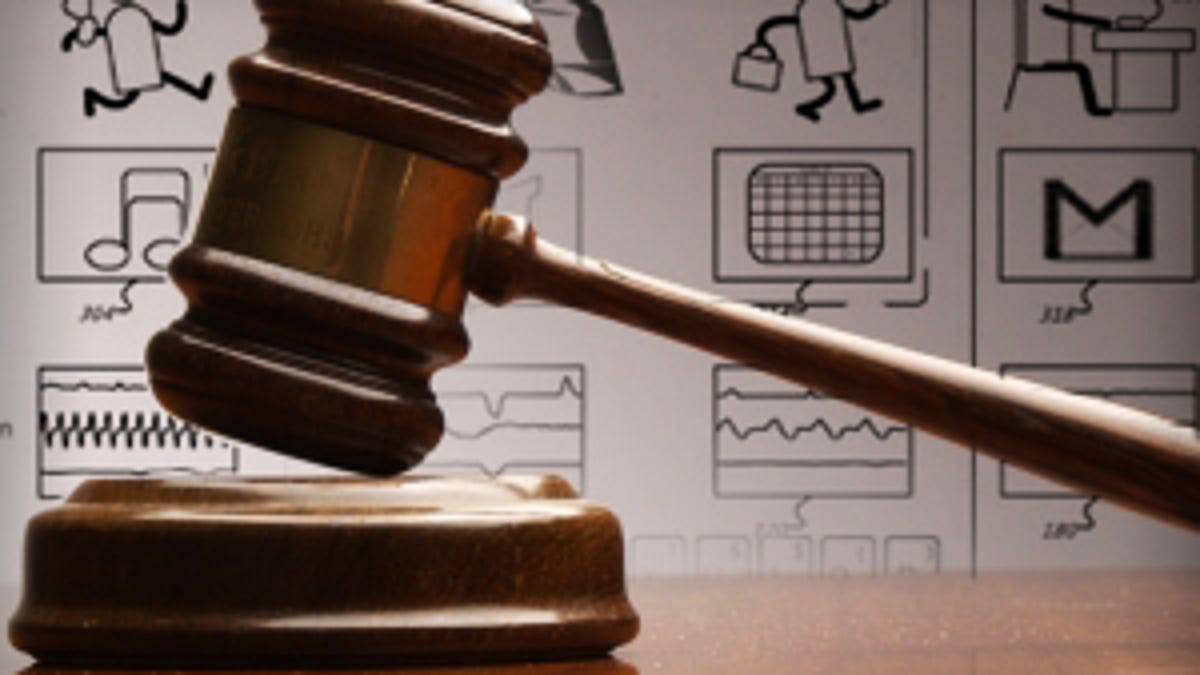Rambus bags last major litigation target Micron
Micron, one of the last holdouts, settles over DRAM memory patents. The deal includes Elpida, a major supplier to Apple.

Micron Technology has finally settled with Rambus on DRAM memory patents, agreeing to pay up to $280 million over a period of seven years.
According to the agreement announced Tuesday, Micron can use any Rambus patent for the manufacture of "specified integrated circuit products."
The agreement requires quarterly royalty payments to Rambus over the next seven years capped at $10 million per quarter or $280 million during the initial term, the two companies said in a statement.
"This was our last major outstanding litigation," Rambus CEO Ron Black said in a conference call Tuesday. The two companies have been sparring for more than a decade.
As part of the settlement, Micron and Rambus have settled all outstanding patent and antitrust claims. The agreement also covers Japan-based Elpida, which Micron acquired earlier this year.
Elpida was a merger of NEC's, Hitachi's, and Mitsubishi's memory chip businesses. Its DRAM products are used widely, for example, in Apple products like the iPhone and iPad.
"The terms of the Elpida agreement were not disclosed," Jae Kim, Rambus' general counsel, said during the call.
But Kim did mention that the Micron agreement replaces what was in place for a previous Elpida agreement with Rambus.
"Elpida has fantastic mobile technologies...they've made components that were designed with some of the interfaces that we used, for instance, with Sony," said CEO Black in the conference call.
Rambus has settled with, or aggressively sued, every major player in the memory chip industry over the last 14 years.
For example, Samsung settled with Rambus in 2010 for $900 million.
And Rambus now receives about $12 million per quarter from Hynix following a settlement announced in June.
Rambus has a long and convoluted history of lawsuits and legal action. In 2009, the Federal Trade Commission dropped its antitrust case against the company after the U.S. Supreme Court rejected an FTC appeal. This followed an appeals court decision that threw out the FTC's findings that Rambus intentionally withheld its patent plans from a standards body, which later sanctioned certain Rambus technology that is found in many PCs and servers around the world.
As DRAM standards evolved, Rambus has alleged that more and more patented Rambus inventions were being utilized and shipping in products.
The genesis of many of the legal proceedings was a Rambus claim that SDRAM and subsequent DDR memory types infringed Rambus patented inventions.

